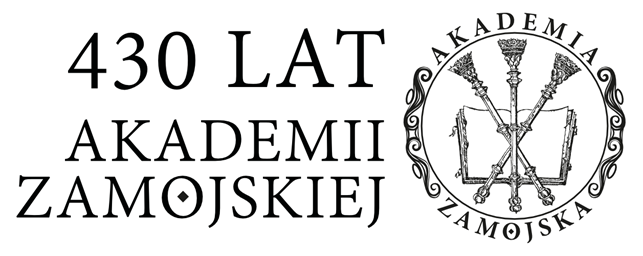ACTIVATION OF ELDERLY PEOPLE ON THE EXAMPLE OF SELECTED SOCIAL PROGRAMS MINISTRY OF FAMILY AND SOCIAL POLICY
Abstract
The modern approach to old age, in the face of ongoing demographic processes and minimizing the role of the family in providing support and assistance to seniors, sees the need to activate the elderly through various types of projects, including the implementation of social programs aimed at activation. Activation is closely related to activity, as it means encouraging, inspiring and stimulating to action. Activity becomes particularly important in the elderly age. Undertaking it is important in maintaining physical and mental fitness, as well as in maintaining the independence of an elderly person, it affects the general well-being and contributes to reducing the effects of social exclusion of seniors. The aim of the presented article is to present the main assumptions of selected social programs of the Ministry of Family and Social Policy aimed at activation, development and strengthening the activity of the elderly. The research method used in this article is desk research, which is based on the use of secondary data. For the purpose of the article, studies, forecasts of the aging of the population of the Central Statistical Office and reports on the implementation of the programs: "Senior+", "Active+" and "Senior Support Corps" were analyzed. The conducted research shows that the implementation of such programs is extremely important in the face of the progressive aging of the population. Actions undertaken within the framework of the discussed programs contribute to real solutions in terms of ways of providing support and activating seniors, and also bring measurable benefits for this social group.
Keywords:
activation of seniors, elderly people, senior in the family, old age, activityDetails
References
Statistics
Authors
Citation rules
Licence

This work is licensed under a Creative Commons Attribution-NonCommercial-ShareAlike 4.0 International License.


 Język Polski
Język Polski
 English
English
 Русский
Русский
 Slovenčina
Slovenčina
 Hrvatski
Hrvatski
